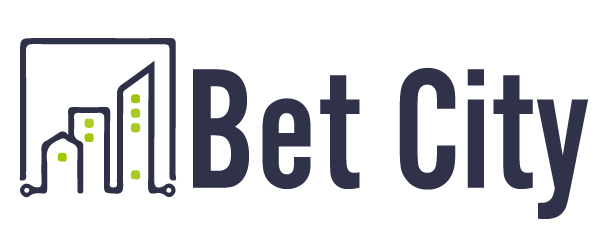In the landscape of contemporary work, the emergence of automation technologies heralds a profound paradigm shift. Termed the AI Advantage, this transformative wave reshapes industries, redefines job roles, and challenges conventional notions of productivity and efficiency. At its core, the AI Advantage embodies the fusion of artificial intelligence AI and automation, leveraging advanced algorithms, machine learning, and robotics to streamline operations, optimize processes, and augment human capabilities. Central to the AI Advantage is its capacity to revolutionize productivity. Automation technologies, driven by AI algorithms, excel in repetitive, rule-based tasks, liberating human workers from mundane activities. This liberation allows professionals to redirect their focus towards tasks that demand creativity, critical thinking, and emotional intelligence—attributes inherently human and difficult to replicate in machines. Consequently, businesses witness a surge in innovation and problem-solving, fueling competitive advantages and fostering a culture of continuous improvement. From manufacturing and logistics to healthcare and finance, industries embrace automation to enhance efficiency, accuracy, and scalability.
For instance, in manufacturing, smart factories equipped with robotic arms and intelligent sensors orchestrate seamless production cycles, minimizing errors and optimizing resource utilization. Similarly, in healthcare, AI-powered diagnostic tools analyze medical imaging data with unprecedented speed and accuracy, aiding clinicians in timely and precise diagnoses. However, the AI Advantage extends beyond mere task automation; it embodies a fundamental shift in organizational dynamics and workforce structures. As machines assume routine responsibilities, human roles evolve towards higher-order functions, emphasizing creativity, empathy, and adaptability. Consequently, organizations must cultivate a culture of lifelong learning and upskilling to empower employees with the competencies required in the AI-driven era. This necessitates investments in training programs, reskilling initiatives, and collaborative learning platforms, ensuring a workforce adept at navigating the complexities of a digital-first environment. Furthermore, the ai automation Advantage presents a dual-edged sword, posing ethical and societal implications that demand careful consideration. Concerns regarding job displacement and economic inequality loom large as automation renders certain professions obsolete and exacerbates disparities in skill requirements.
Addressing these challenges necessitates proactive measures, including robust social safety nets, retraining programs, and policies fostering inclusive economic growth. Moreover, ethical frameworks governing AI development and deployment are imperative to mitigate risks associated with algorithmic biases, privacy infringements, and autonomous decision-making. Amidst these challenges, the AI Advantage offers unprecedented opportunities for innovation, collaboration, and human flourishing. By harnessing the power of automation technologies, organizations can unlock new frontiers of productivity, drive sustainable growth, and redefine the future of work. However, realizing this potential requires a holistic approach that balances technological advancement with ethical considerations and human-centered values. In doing so, the AI Advantage becomes not merely a tool for efficiency but a catalyst for empowerment, enabling individuals and organizations to thrive in an increasingly complex and interconnected world. Thus, as society navigates the transformative waves of automation, embracing the AI Advantage offers a pathway towards a more equitable, resilient, and prosperous future.
